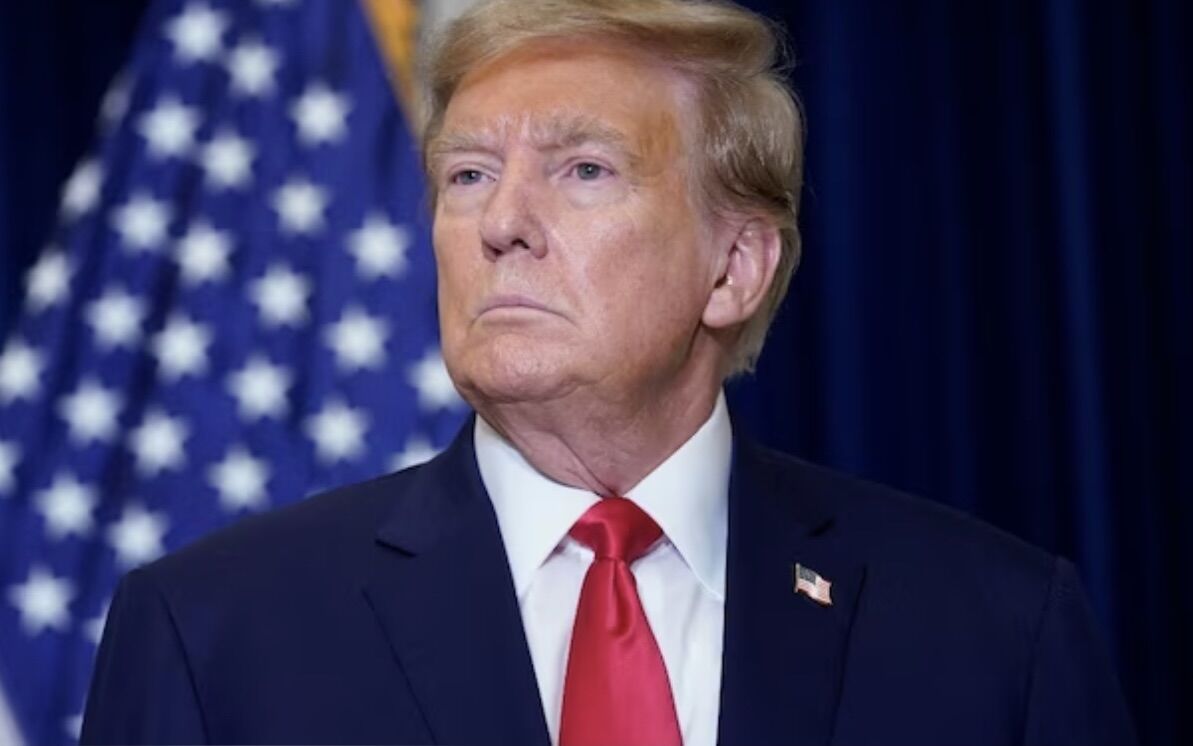Federal Appeals Court Judges Question Trump's Immunity Claims in Election Plot Case
Federal appeals court judges in Washington express skepticism over former President Donald Trump's immunity claims during a hearing on charges of election interference. They question the limits of presidential immunity.
Federal appeals court judges in Washington expressed skepticism over the immunity claims of former US President Donald Trump during the hearing on charges that he had plotted to overturn the results of the 2020 election. The panel of three judges questioned Trump's lawyer on whether Trump was immune from criminal charges for acts he says fell within his official duties as president. The judges repeatedly pressed Trump’s lawyer to defend claims that Trump was shielded from criminal charges for acts that he says fell within his official duties as president.
The lower-court judge overseeing the case against Trump rejected the argument, and the appeals judges suggested through their questions that they, too, were dubious that the Founding Fathers envisioned absolute immunity for presidents after they leave office. The judges also raised hypothetical scenarios in which, under Trump's theory, presidents could not be prosecuted, such as selling pardons, selling military secrets, or ordering the assassination of a political opponent. Trump's lawyer responded that such a prosecution can happen only if the president is impeached and convicted by the Senate first. Trump's appearance in court comes as he is gearing up for a potential presidential run in the 2024 election.
He also used the opportunity to claim he is the victim of political persecution, warning he could prosecute Democratic President Joe Biden if he wins the November presidential election. It's not clear how quickly the panel from the U.S. Circuit Court of Appeals from the D.C. Circuit will rule, though it has signaled that it intends to work quickly. The case marks the first time a former president is facing criminal prosecution after leaving office. Whether the Washington trial can take place ahead of the presidential election continues to hang in the balance, as Trump faces 91 criminal counts in four separate cases. The losing party is likely to immediately appeal to the Supreme Court once the appeals court issues its ruling.




